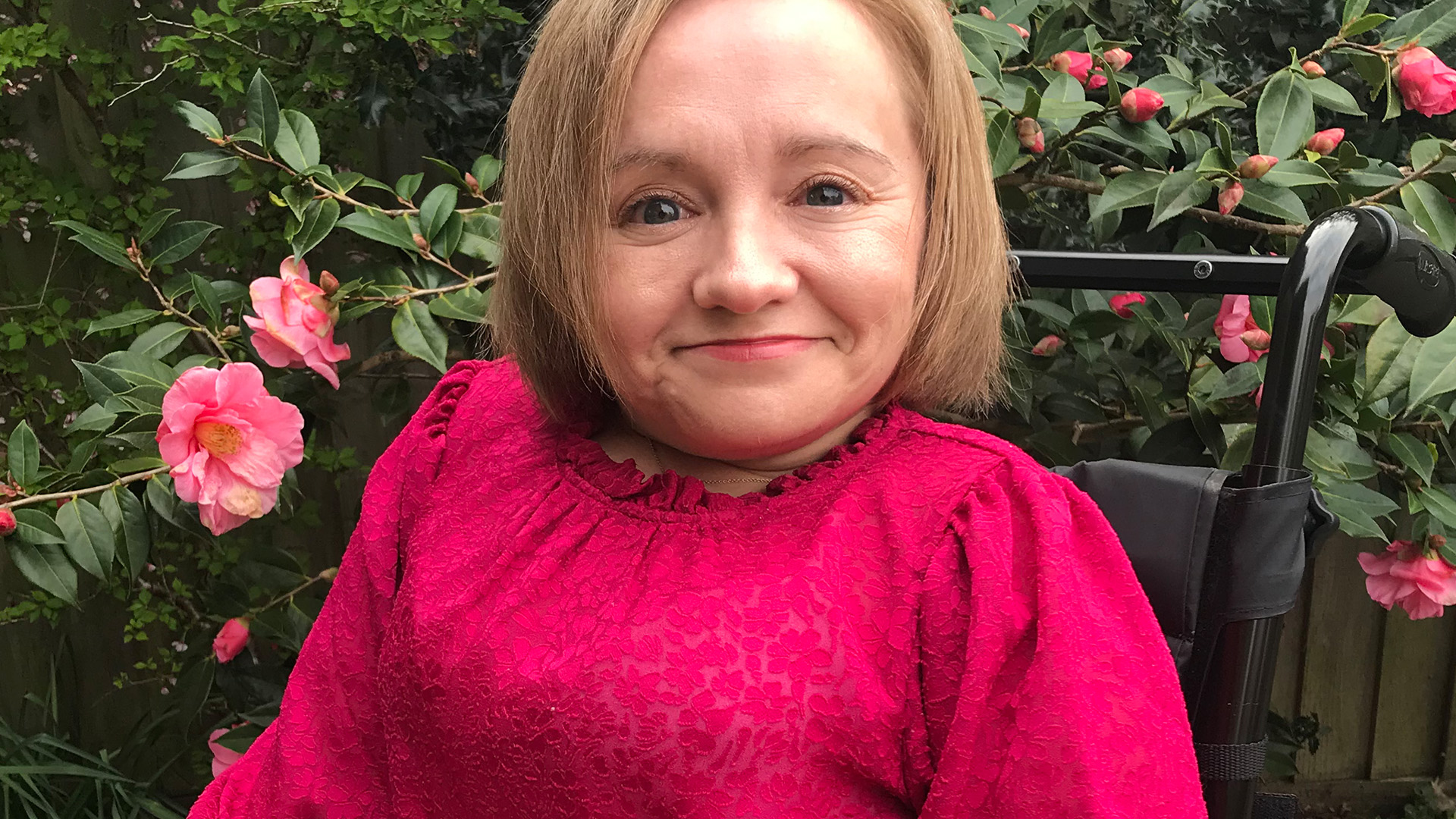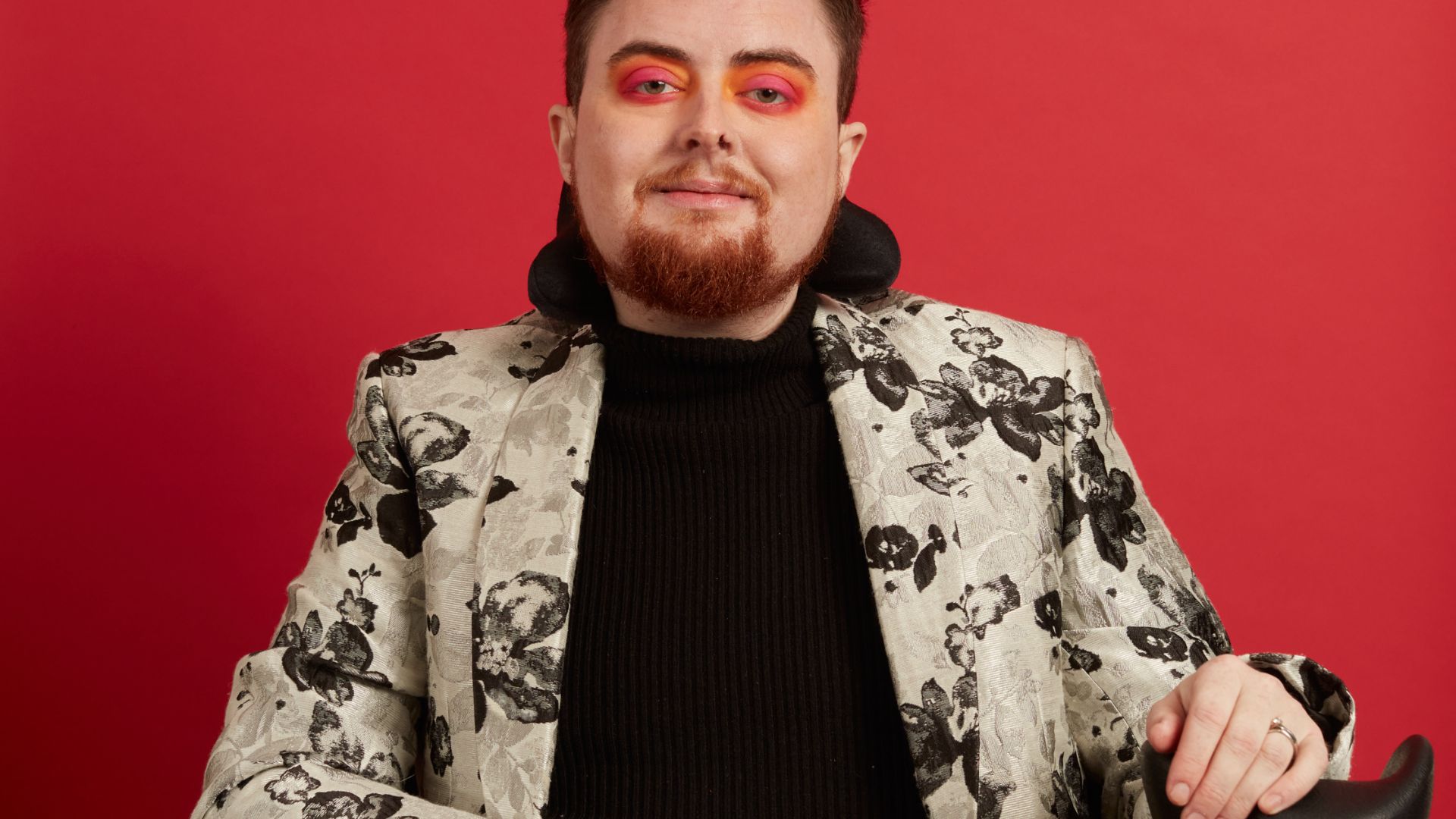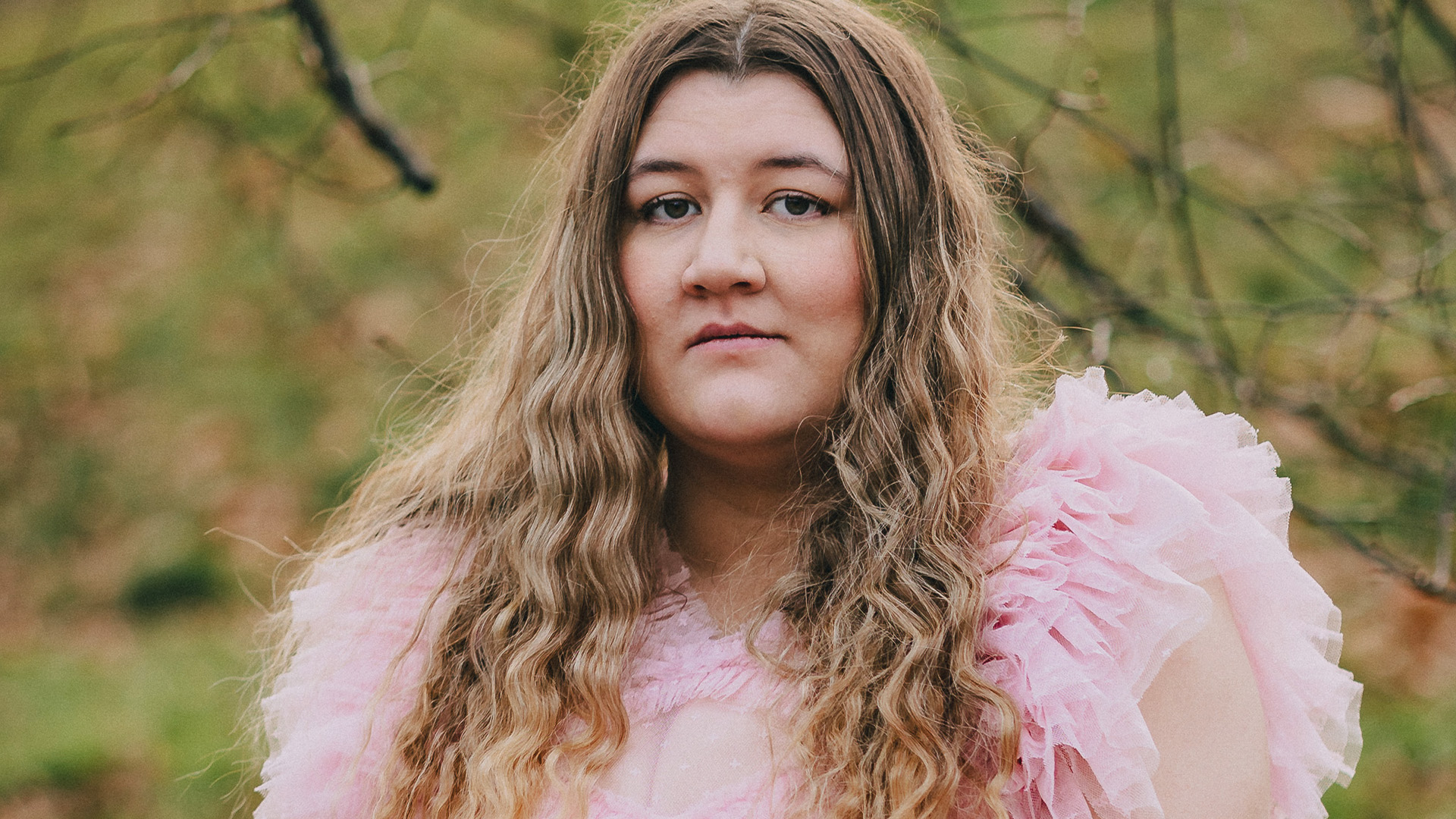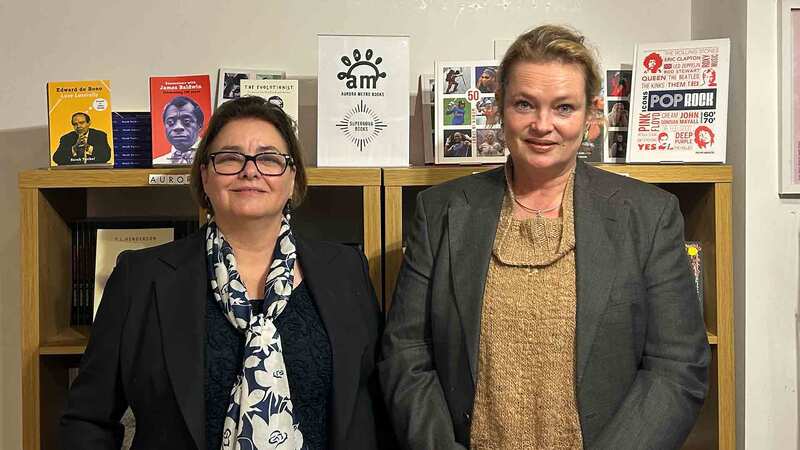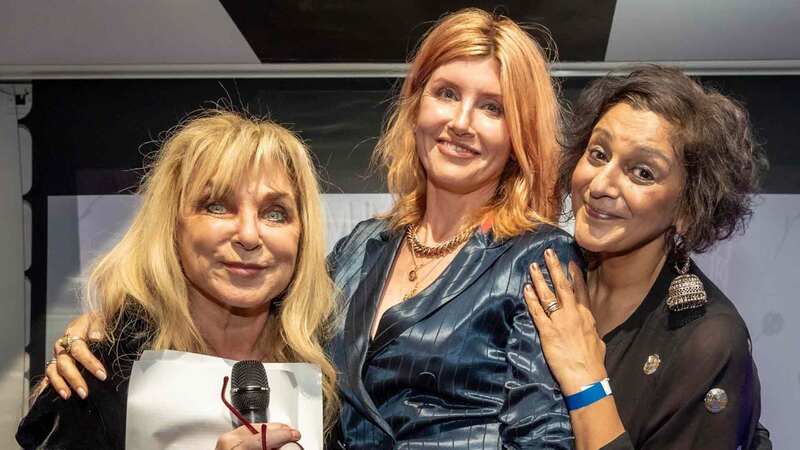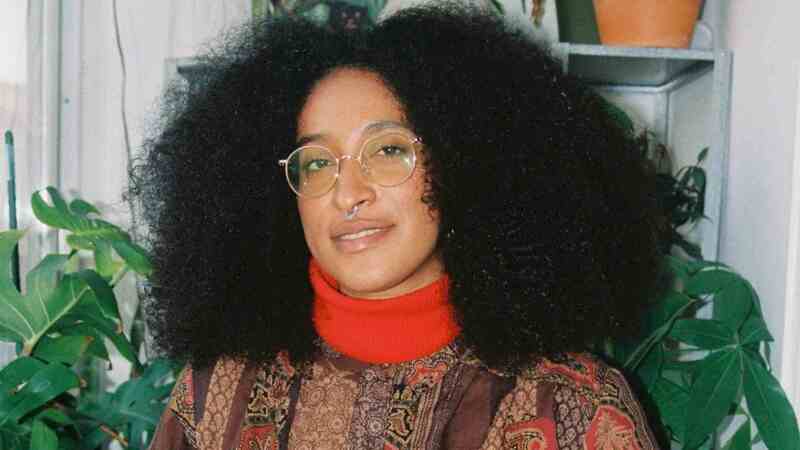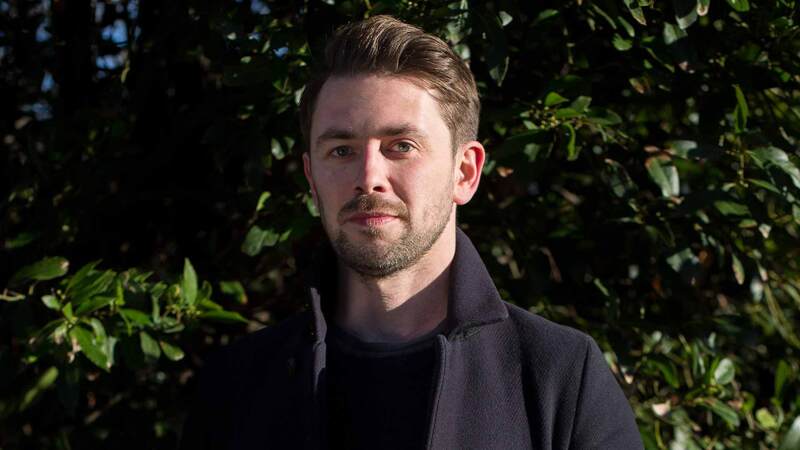You are viewing your 1 free article this month. Login to read more articles.
Prizes for disabled writers: Four awards celebrating disability
Literary prizes are the perfect opportunity to celebrate works by talented authors; this is even more essential for disabled writers, who don’t always get the same platform and promotion. The prizes are a great way to raise disabled voices, discover their unique stories and bring their work to a wider readership. I spoke to four founders about why they set up their book prizes, what they hope to achieve and why they need the support of the industry to ensure their growth and continued success.
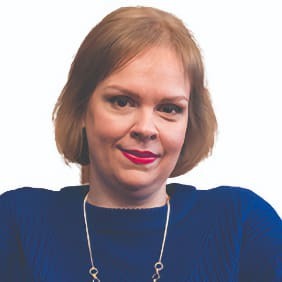
The Barbellion Prize
The Barbellion Prize is a book prize dedicated to the furtherance of ill and disabled voices in writing. The prize is awarded annually to an author whose work has best represented the experience of chronic illness and/or disability.
The awarded work can be of any genre: in fiction, memoir, biography, poetry or critical non-fiction from around the world, whether in English or in translation, traditionally published or self-published.
The prize is named in tribute to English diarist W N P Barbellion, who wrote eloquently on his life with multiple sclerosis (MS) before his death in 1919.
Writing is a brilliant way for ill and disabled people to make some sense of what they experience. Yet the history of disability literature, or the public awareness of illness, impairment and sickness, is still comparatively limited. As such, The Barbellion Prize was created to espouse the existence of ill and disabled writers, and to reward authors for their good work and efforts.
Previous winners include What Willow Says by Lynn Buckle and Golem Girl by Riva Lehrer. Submissions for the 2022 Barbellion Prize are now open until 31st October 2022.
For further information and to submit work, readers can visit www.thebarbellionprize.com.
The ADCI Literary Prize
When Clare Christian, the publisher of Penny Batchelor’s first novel My Perfect Sister, asked if Batchelor would like to team up with her to co-found a literary prize for disabled and chronically ill authors, she jumped at the chance.
“It’s a subject close to my heart,” said Batchelor (above). “I rarely came across anyone like me in books and when I did they either were magically cured or died to provide the novel’s pathos. After a lot of hard work, Clare and I secured sponsors and were delighted to team up with the Society of Authors. We announced the ADCI Literary Prize in June 2022, with ADCI standing for Authors with Disabilities and Chronic Illnesses.”
Submissions are open until 31st October 2022 for adult novels written by a disabled or chronically author, which contain positive disability representation of one or more characters. Novels can be either traditionally or self-published. For full details, visit: bit.ly/3STBNup.
The inaugural winner, who will receive £1,000, will be announced in June 2023 at the Society of Authors Awards.
The Disabled Poets’ Prize
The Disabled Poets’ Prize is open for submissions (until October 31st) to deaf and disabled writers. It has three categories—Best Poem, Best Unpublished Pamphlet and Best Poem Performed in British Sign Language—with each category offering awards of £500, £250, £100 and £50 (three submissions receive the last sum) as well as professional development opportunities.
It was set up by Jerwood Poetry fellow Jamie Hale with support from partners Spread the Word, Verve Poetry Press and Festival and CRIPtic Arts, in response to a lack of opportunities curated to support, encourage and profile deaf and disabled writers. Hale wrote that “as a disabled poet, so many opportunities to access the offline poetry world have been closed to me. These awards were set up to shine a light on the excellent work being produced by deaf and disabled poets today.”
Hale will be judging the Best Poem and Best Unpublished Pamphlet categories, while D L Williams and Sahera Khan are jointly judging the Best Poem Performed in British Sign Language category. The Best Pamphlet will be published by Verve Poetry Press.
Those interested in entering can find further information at www.disabledpoetsprize.org.uk; entrants may submit once per category. Entries are free, but donations are encouraged in order to support the prize this year and ongoing into next year.
The Adrien Prize
“Book prizes have been slashed and children’s literary prizes have been butchered,” says author Elle McNicoll. “I feel no guilt in being hyperbolic because I’m an author whose career was made by winning a handful of big prizes, one of which is now gone.
“When the news of my beloved Blue Peter Book Award’s demise broke, I decided to do something. I would start my own prize. Something small and modest, we still don’t have a logo. But there is a twist. My prize, The Adrien Prize, will only reward authors with disabled protagonists. No cures allowed, no unrelenting trauma narratives. Thorough, authentic representation only.
“The guidelines: a traditionally published children’s book, for any age—that must feature a disabled lead. The deadline is Halloween, and entries must have been published between July 2021 and July 2022. Children will vote for the final winner.” Interested parties can enter by contacting adrienprize@gmail.com.
“The aim is to reward and encourage brilliant depictions of disability in children’s fiction. Every book I have written stars a disabled lead. I’ve done the work. Now I want to empower others and remind the industry that we are so much more than one single story. I am especially excited about disability in genre [fiction]... Good luck!”






